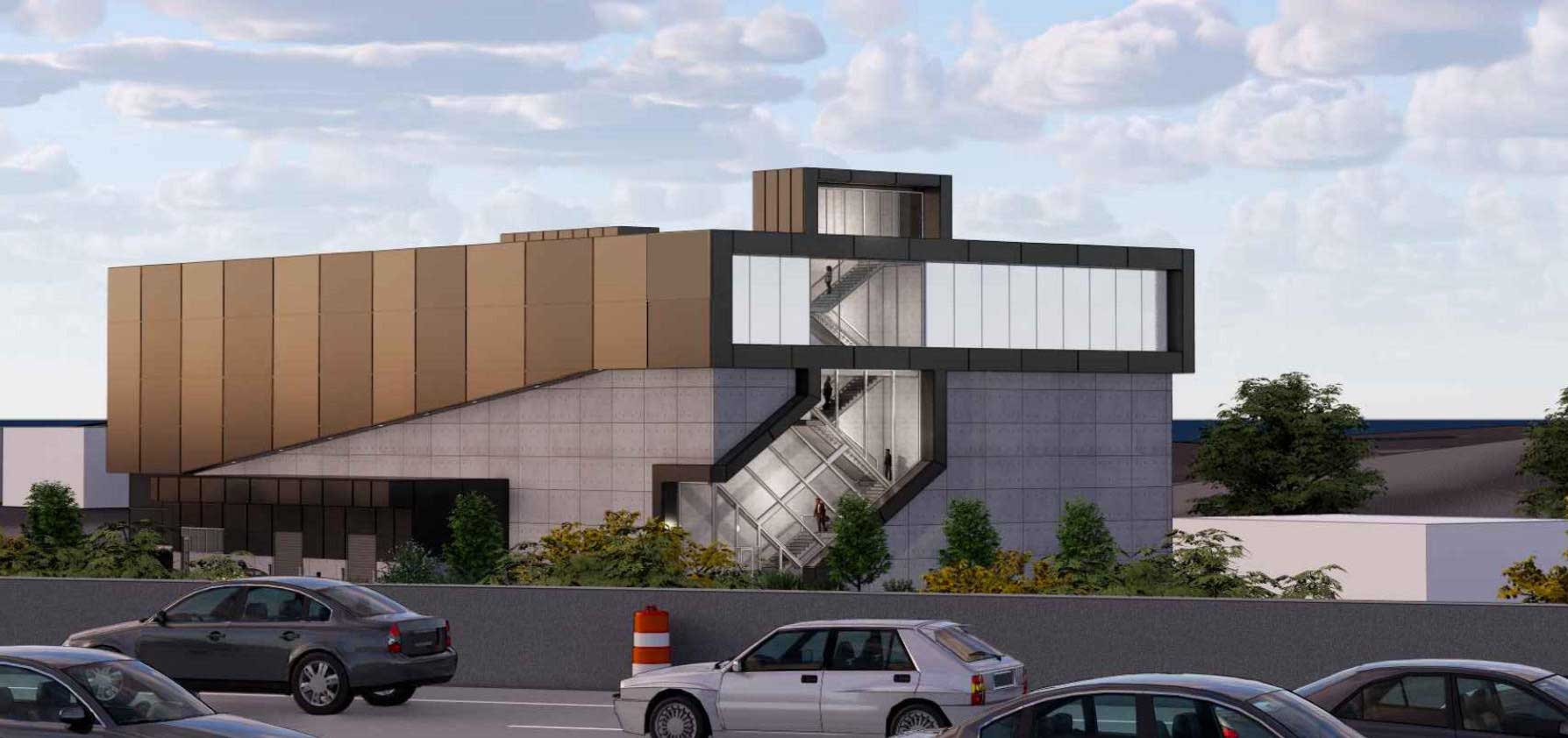
Arrested three years ago for growing marijuana, Paul Sayegh, through the legacy-to-legal pipeline, is today the owner of Canna P Farm, the first indoor cultivation facility to gain approval in Newark. His proposal for a three-story, 67,000-square-foot indoor farm at 171 Foundry Street in the Ironbound got the thumbs up from the Planning Board last month. It is one of only five cultivation facilities permitted within the city’s borders.
“Newark is the gateway city and I think it’s the perfect place to launch a cannabis brand that emphasizes the culture and lifestyle around recreational cannabis,” Sayegh said. “Newark is on the rise with many real estate development projects and specifically with cannabis, it represents the biggest impact zone in New Jersey.”
More than 100 dispensaries have opened statewide, with a slew in Newark alone (another dispensary is being proposed on Halsey Street), together generating nearly $2 billion in sales since 2018. However, the cultivation side of the industry has lagged and that poses a major problem to the market as some experts fear an impending shortage in supply.
A few factors seem to stand in the way of more approvals for these facilities. One is public perception. Art Hance’s Franklin Township-based construction firm Hance Construction built one of the state’s first cannabis farms and he remembers hearing all types of opposition from residents of Morris County, where the farm was eventually built. They worried the marijuana plants would be flushed into the nearest river and get people high. Others thought addicts would loiter outside the facility.
“There’s a long list of things we heard,” Hance said.
While those fears ended up being unfounded, one complaint has remained: and that’s whether the facility will control the unmistakably pungent stench of marijuana plants. Fortunately, the technology behind odor mitigation has had incredible breakthroughs.
“We were the first entity in the world to isolate and identify the chemical compound that makes cannabis smell like skunk,” Marc Byers, the founder of Byers Scientific, told Jersey Digs.
The chemical compound is called a terpene, and identifying it enabled Byer to develop a patented vapor solution that mists these indoor farms and neutralizes the odor.
There is another method call “carbon scrubbing” that utilizes a trademarked refrigerator-sized filter with a fan that sucks in the air and forces it to pass through activated carbon. It functions like an air purifier only instead of removing dirt and dust, it removes terpenes.
Every cannabis facility is site-specific, but these techniques can be used in tandem as Byers did with much success for CVW Organic Farms in Carpinteria Valley, California. It didn’t just pass the smell test. His firm measured the amount of terpenes removed from the air and only four percent remained.
Hance said he has teamed up with Byers on a recent project and the projects so far have defied initial public perception of these facilities. Still, Hance has seen many upstart farms come and go because they underestimate the costs of taming this notoriously finicky plant. A lot of the venture capital that flooded this industry at the outset has dried up as interest rates have risen.
“I think people have a very unrealistic expectation of what it costs to build a cultivation facility — the entire building is a machine,” Hance said. “It’s a massive cycle of heating and cooling that requires an immense amount of energy and equipment to get it all right. An entire industrial park sometimes uses less energy than a cannabis farm.”
The difference in Sayegh’s case is that he says he is self-funding his operation that will eventually employ 50 workers, and he hopes to pave the way for others to follow. “Other applicants can now follow the road map that our team has provided in terms of successfully navigating all of the local approvals,” Sayegh said.